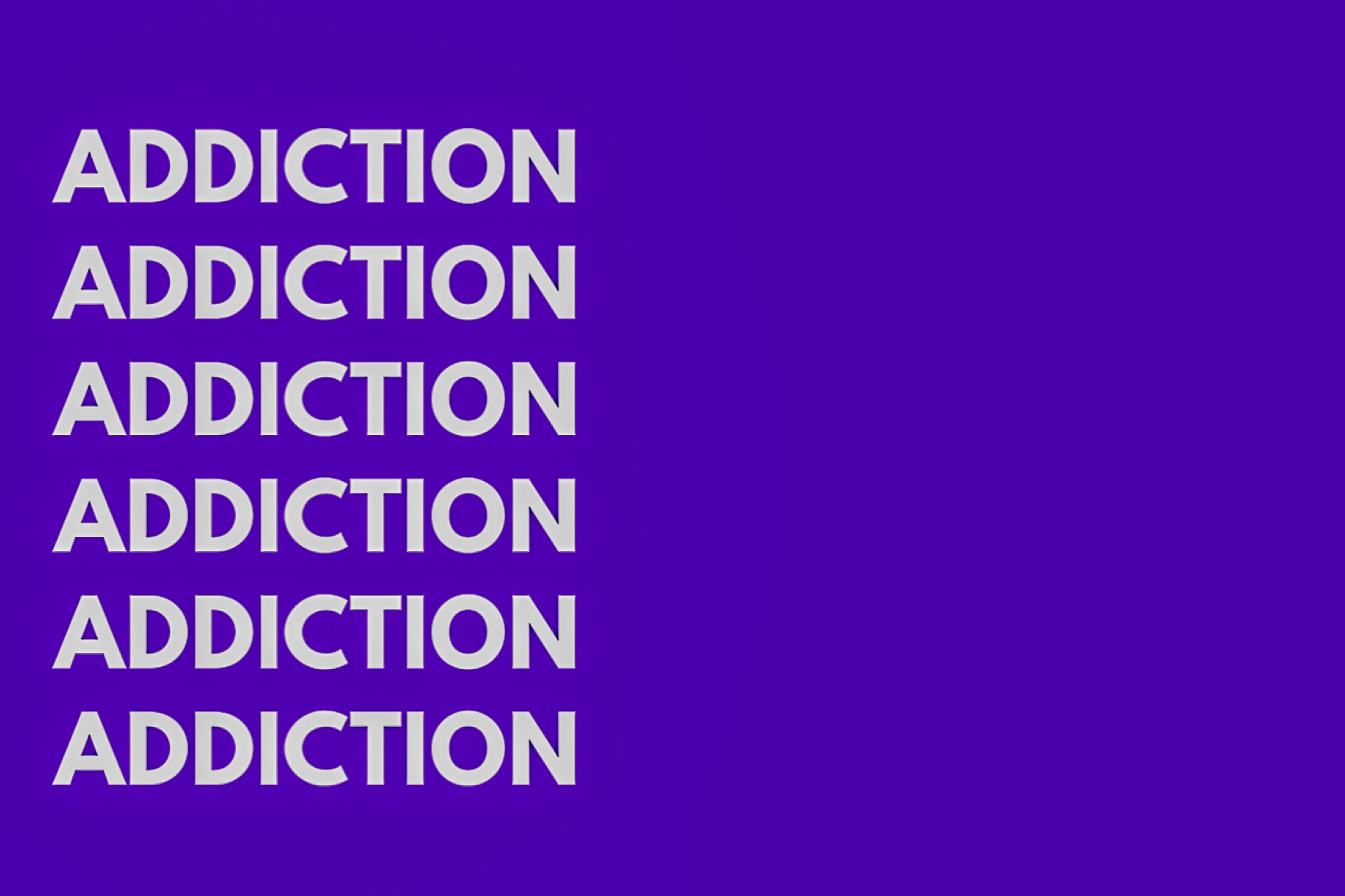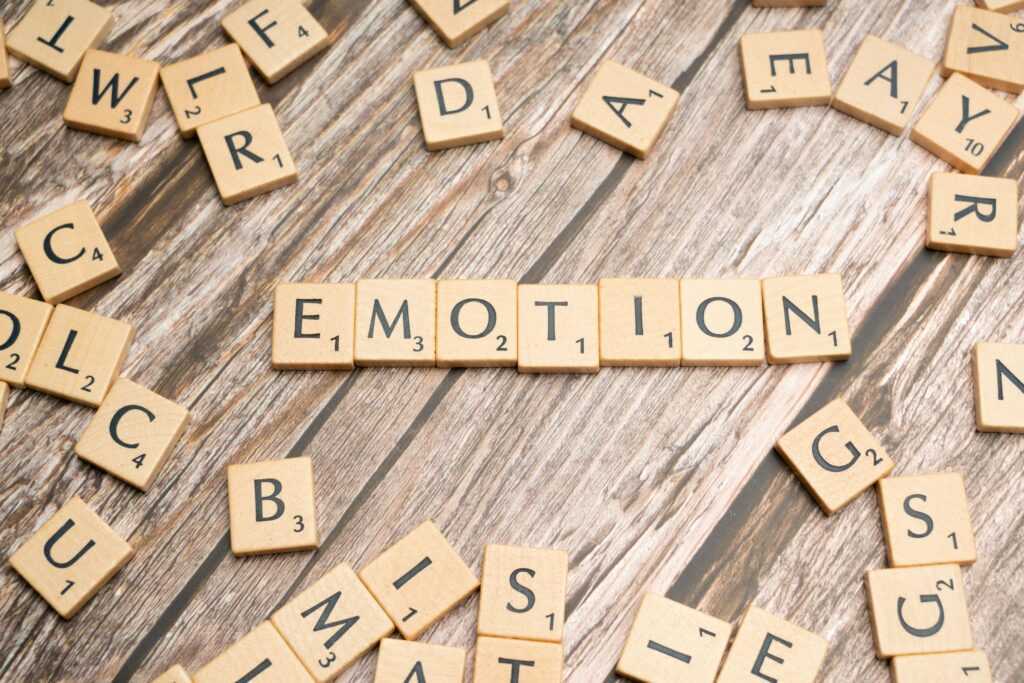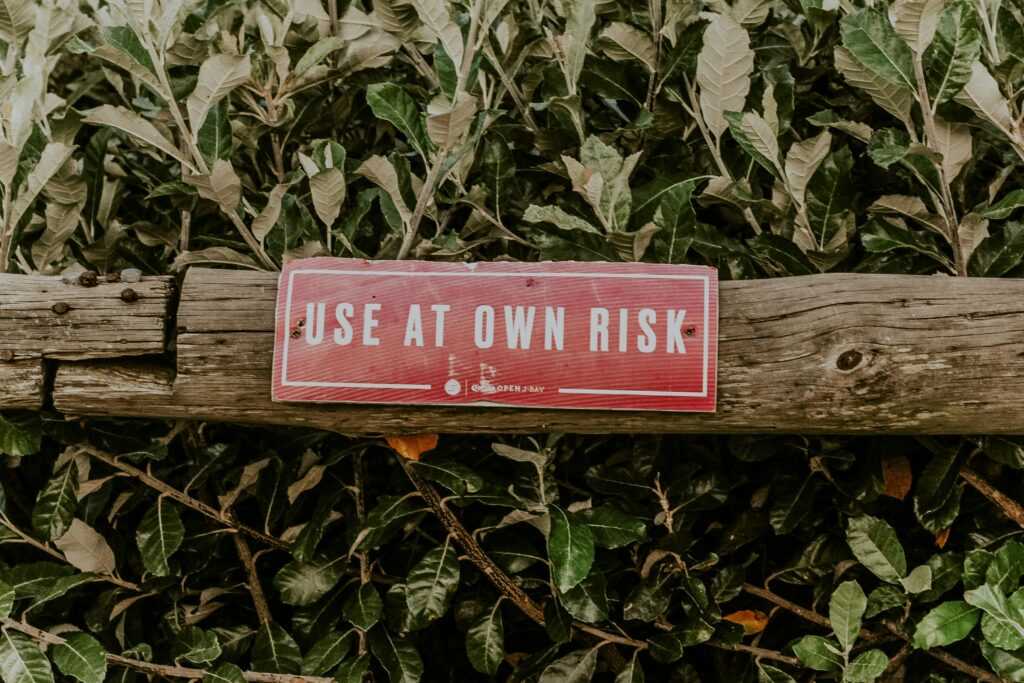Why Biases Matter More When the Stakes Are High
High stakes betting isn’t just about knowing the sport or reading the lines. When real money’s on the table, your brain starts cutting corners. Emotions spike. Confidence wavers. And subtle mental shortcuts biases sneak into the decision making process. You probably don’t even notice them.
What’s tricky is that experience doesn’t make you immune. If anything, veteran bettors get trapped by overconfidence or stick to patterns that no longer serve them. And in high pressure moments, one small thinking error can snowball into a costly mistake. Misreading a trend. Chasing losses. Doubling down on false logic. These errors add up fast.
At this level, sharp bets aren’t just about the right number they’re about a clear head. To stay profitable long term, you need to see the bias coming before it blindsides you.
Overconfidence Bias
It starts with a gut feeling. Maybe you’ve cracked a pattern or had a hot streak, and now you think you’ve got a sixth sense for outcomes. That’s overconfidence bias creeping in and it feels great until it doesn’t. The danger isn’t just in being wrong. It’s in thinking you can’t be.
Too much faith in your instincts can short circuit data driven decisions. It causes bettors to overlook critical context, ignore shifting odds, and dismiss subtle changes in player or team conditions. Past wins start to blur into a false sense of control. But confidence isn’t the same as edge especially when you start skipping the numbers because “you just know.”
Keeping your edge means respecting the process. Use your models. Stick to your frameworks. Gut checks are fine but only if they’re cross checked with reality.
Habits to Reduce Bias Under Pressure

Staying sharp under pressure isn’t about having the hottest picks it’s about thinking clearly when the stakes are high. One underrated habit? Keep a betting journal. Log every bet, your pre bet mindset, the reasoning behind it, and what happened after. Don’t just track wins and losses track your thinking. You’ll start to spot patterns in your biases before they cost you.
Break down your decisions both before and after the results. Were you chasing? Hesitating? Ignoring data to follow a hunch? When you get this honest with yourself, your edge increases.
Decision trees or basic models help anchor you to logic when emotions try to take the wheel. They don’t have to be complex just consistent. Build a simple checklist or flow that removes snap judgment and keeps your process tight.
Finally, don’t underestimate the power of stepping away. Whether you’re on a heater or sliding hard, taking regular breaks resets your mental game and breaks momentum bias. Your brain needs space to stay rational.
Explore more ways to stay objective while betting
Final Thought
Skill Over Luck
In high stakes betting, long term success is rarely about a lucky streak. What separates consistent performers from impulsive gamblers is mental clarity and disciplined decision making. Luck comes and goes but bias and flawed thinking can sabotage even the best strategy if left unchecked.
Winning consistently requires emotional control
Clarity under pressure outperforms short term intuition
Know the Enemy: Your Own Brain
Recognizing and managing your cognitive biases gives you a crucial edge. While most bettors rely on instinct, sharp bettors double down on objectivity and self awareness.
Bias awareness = fewer impulsive bets
Avoid emotional traps that cloud judgment
Stay grounded when outcomes swing wildly
Protecting Mental Capital
Think of your mental focus as an asset just like your bankroll. If you wouldn’t recklessly drain your betting account, don’t allow mental fatigue or unchecked emotion to drain your edge.
Set mental boundaries during hot or cold streaks
Step back when decisions feel emotionally driven
Prioritize clarity, especially when stakes are high
Staying sharp isn’t just a strategy. It’s a safeguard against self inflicted losses.


